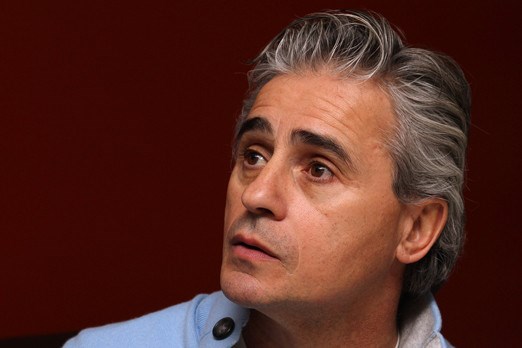Bill Mauro says a five-year, 10 per cent rollback in residential, agricultural and small-business energy charges is not vote-buying, despite what opposition parties are saying in the wake of Thursday’s provincial economic statement.
The Liberal MPP (Thunder Bay-Atikokan) said the party’s Northern caucus has been working on ways to reduce electricity bills for a "very long time," and the Ontario Clean Energy Benefit is the answer.
"Since I first learned about the coming of the HST, I was very concerned about its application to energy," Mauro said Thursday afternoon. "This is not just a one-year-before-an-election item. The rural caucus is very supportive of this as well.
"As an entire group we’ve been trying to find the means and the policy way to do this. I think what we’ve landed on today is a good approach."
However, the reduction won’t come close to addressing an expected 46 per cent increase in power bills by 2015, a fact Energy Minister Dwight Duncan let loose before the Liberals released the economic statement.
According to figures released by Conservative Leader Tim Hudak, since Premier Dalton McGuinty took office in 2003, Hydro rates in Ontario have risen 75 per cent, upward of 20 per cent in the last year alone.
Hudak called it little more than a "bait-and-switch" tactic, and questioned why ratepayers are still being asked to cover a $7.8 billion debt-retirement charge that was originally supposed to be paid off in 2012, but has since been pushed back three years.
Mauro was quick to point out energy bills have always gone up, no matter who was in power.
"It’s important for us to remember what’s gone down. The NDP, for example, in five years of government the energy bills went up 40 per cent. Most things do go up. What we brought in today is a significant reduction, plus the Northern Ontario Energy Credit, plus personal tax reductions, plus property tax relief," Mauro said.
"We’re bringing a lot of these things in to help people on the other side of things. Once they start to come through, when the income tax statements start to come in, they’re going to see that we’ve done a pretty good job trying to balance this."
Thursday’s announcement was welcomed news to the Thunder Bay District Social Services Administrative Board.
"Any reduction in household in household electrical bills is appreciated," TBDSSAB chairman Iain Angus said in an email.
Duncan, who gave Thursday’s economic update, said the province’s 2010 deficit is projected to come in at $18.7 billion, a billion dollars less than allotted for earlier in this year.
He went on to say that nine out of 10 Ontarians are paying less income tax than they did a year ago, praised the province’s new children’s activity tax credit and property tax relief.
Sign in or register
- Messages
- Post a Listing
- Your Listings
- Your Profile
- Your Subscriptions
- Your Likes
- Your Business
- Support Local News
- Payment History
Registered Users
Already have an account?
New Users
Create a free account.
